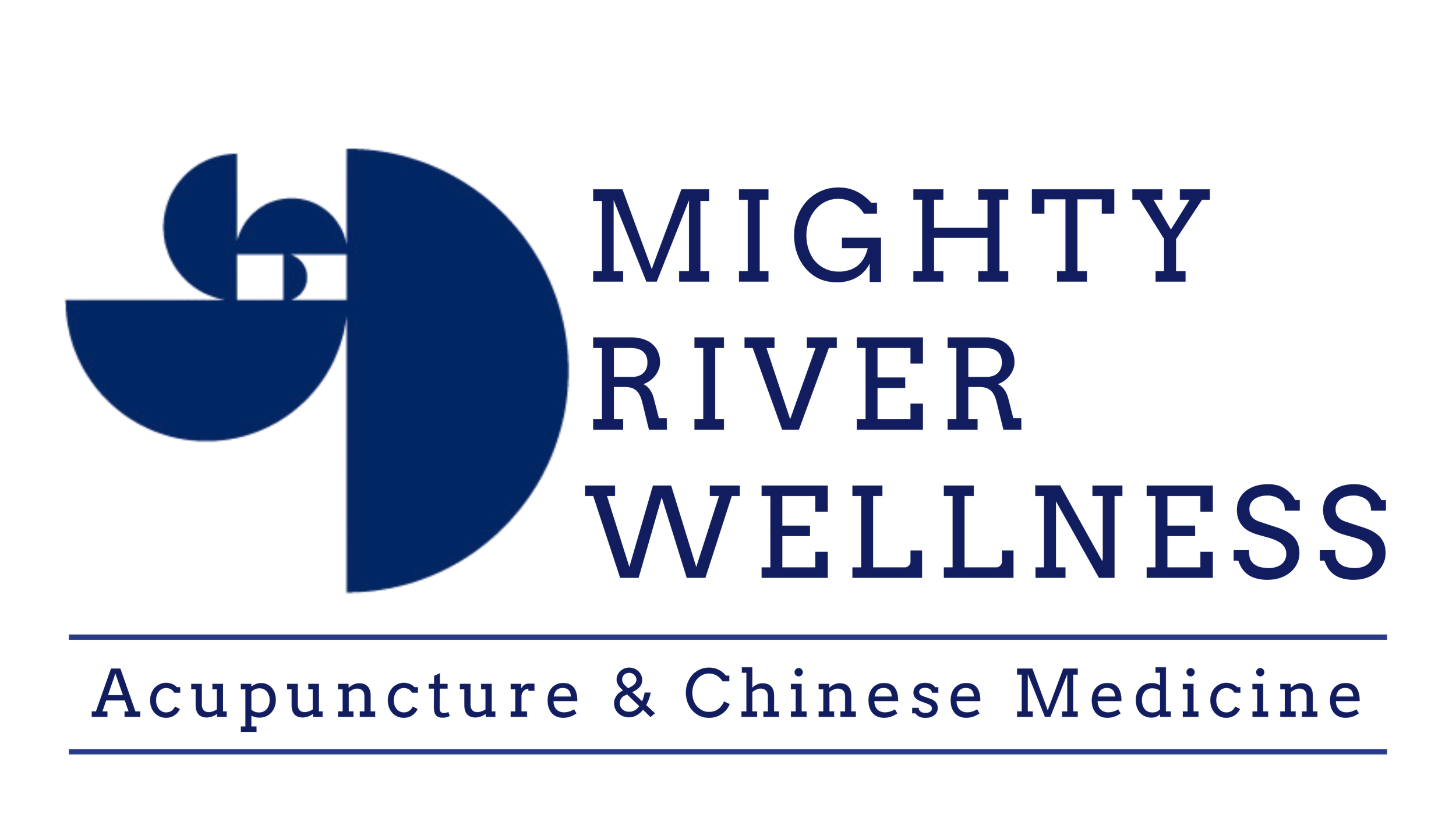The Power of Acupuncture for Fertility: A Traditional Approach to Modern Challenges
Acupuncture, an age-old therapy that forms part of the broader practice of Traditional Chinese Medicine (TCM), is gaining recognition for its role in fertility support. It's an intricate process that involves stimulating specific points on the body with fine needles, sparking the body’s inherent self-regulating functions. This approach enhances blood flow, fine-tunes the nervous system, and promotes a relaxed state of being, all vital for optimal health.
Within our bodies, acupuncture points connect via a comprehensive network known as the meridian system. This system, linking every cell, tendon, bone, and organ, facilitates the flow of energy, blood, and information. When these channels are obstruction-free, the body is at its healthiest.
Compared to Western medicine, which often focuses on symptom treatment, TCM, and by extension acupuncture, delves into the root causes of the ailment. It works by restoring balance, eliminating health hindrances, and enabling the body to heal itself.
Acupuncture has been associated with pain management in the West, yet its application spans over 2500 years across Eastern cultures. Today, TCM is gaining momentum as we shift focus from conventional medicine and seek out methods that not only treat a broad range of health conditions but also function as preventive measures.
One of the significant benefits of TCM is its ability to activate the parasympathetic nervous system, which governs rest, recovery, and digestion. In a world riddled with chronic stress, this soothing effect is a critical component of health optimization. Acupuncture, besides fostering immune health, provides a profound sense of relaxation, leaving most people in a state of well-being post-treatment.
Among various ailments, acupuncture has shown promising results in addressing women's health issues, particularly reproductive health. According to a World Health Organization review, TCM can potentially double pregnancy rates within a 3–6 month period, compared to Western drug therapy.
The ever-changing social landscape and expanding career opportunities for women have led to delayed family planning. While this delay empowers women to break barriers, it also exposes their eggs to environmental toxins over time, affecting egg quality and reducing conception chances. In this context, studies suggest that TCM can significantly assist in addressing fertility challenges such as PCOS, uterine fibroids, endometriosis, irregular menses, and even offer support during IVF treatments.
The application of acupuncture in fertility scenarios varies with the individual and the practitioner. Generally, it works by enhancing circulation around the reproductive organs, reducing stress, and balancing the endocrine system. For optimal results, the treatments, often combined with herbal formulas, should ideally start 6-8 months prior to conception attempts and can continue throughout pregnancy. Acupuncture can help manage pregnancy-related issues like morning sickness, back pain, and constipation, and even aid in labor induction.
Research shows that acupuncture can complement IVF treatments by boosting endorphin production, enhancing blood flow to reproductive organs, addressing emotional trauma associated with fertility challenges, and relieving pain. Known as the Paulus protocol, one significant study observed a 60% increase in implantation rates following acupuncture treatments before and after IVF procedures.
When embarking on a fertility-focused acupuncture journey, you should seek a practitioner affiliated with the American Board of Oriental Reproductive Medicine (ABORM). Expect an in-depth consultation on your lifestyle and diet patterns, and a comprehensive treatment that encourages relaxation. While acupuncture is generally safe, individuals with certain health conditions, like eating disorders or smoking habits, should address these issues before starting the treatment.
In conclusion, acupuncture offers a holistic, integrative approach to fertility issues. By harmonizing the body's internal systems and restoring balance, it provides a viable complementary treatment for those seeking to improve fertility outcomes.
-
Furth C. A Flourishing Yin: Gender in China’s Medical History, 960–1665. Berkeley, CA: University of California Press; 1999. [Google Scholar] [Ref list]
Meridian Connection. (2015, October 06). Retrieved September 15, 2020, from https://www.tcmworld.org/what-is-tcm/meridian-connection/
WHO list of conditions. (n.d.). Retrieved September 15, 2020, from https://www.acupuncture.org.uk/public-content/public-traditional-acupuncture/4026-who-list-of-conditions.html
Magarelli, P. C. (2005). Acupuncture: Impact on Eggs & Embryos of IVF Patients . fertstart.org. Retrieved October 13, 2021, from https://www.fertstert.org/article/S0015-0282(05)00210-4/fulltexthttps://www.fertstert.org/article/S0015-0282(05)00210-4/fulltext. beneficiaries. (n.d.). Retrieved September 15, 2020,
Reid, K. (n.d.). Ried K. Chinese herbal medicine for female infertility: an updated meta-analysis. Complement Ther Med. 2015 Feb;23(1):116-28. DOI: 10.1016/j.ctim.2014.12.004. Epub


